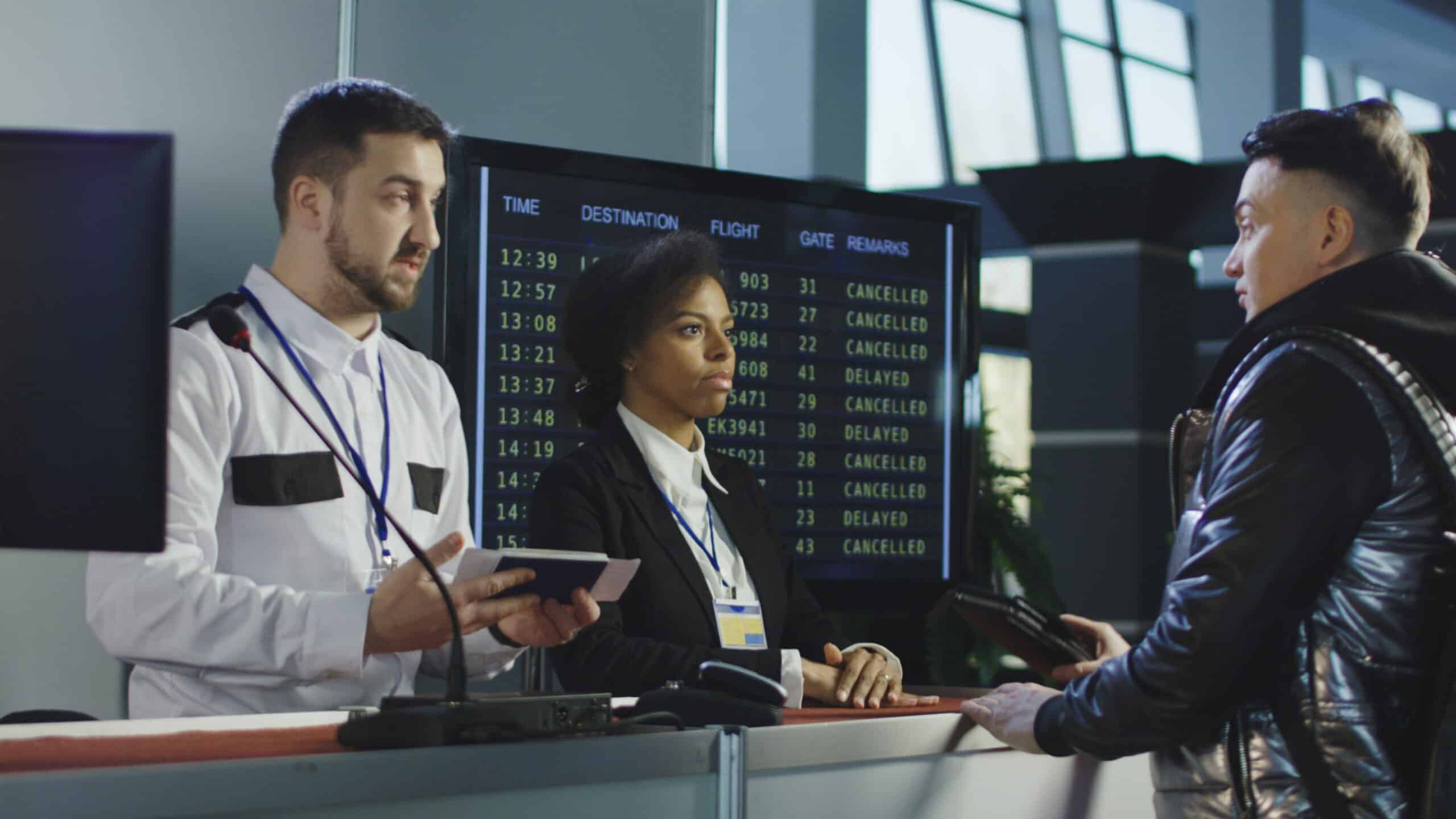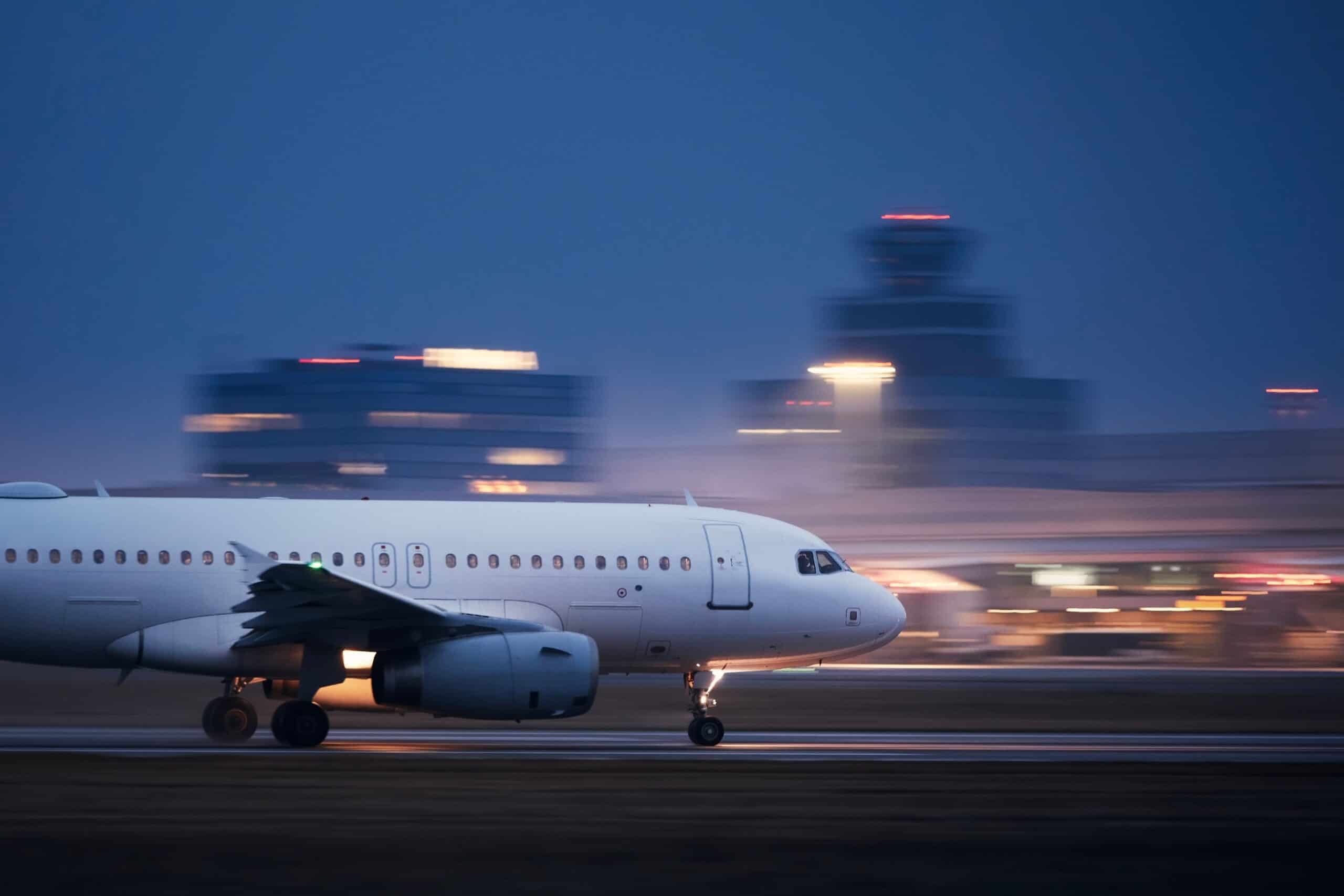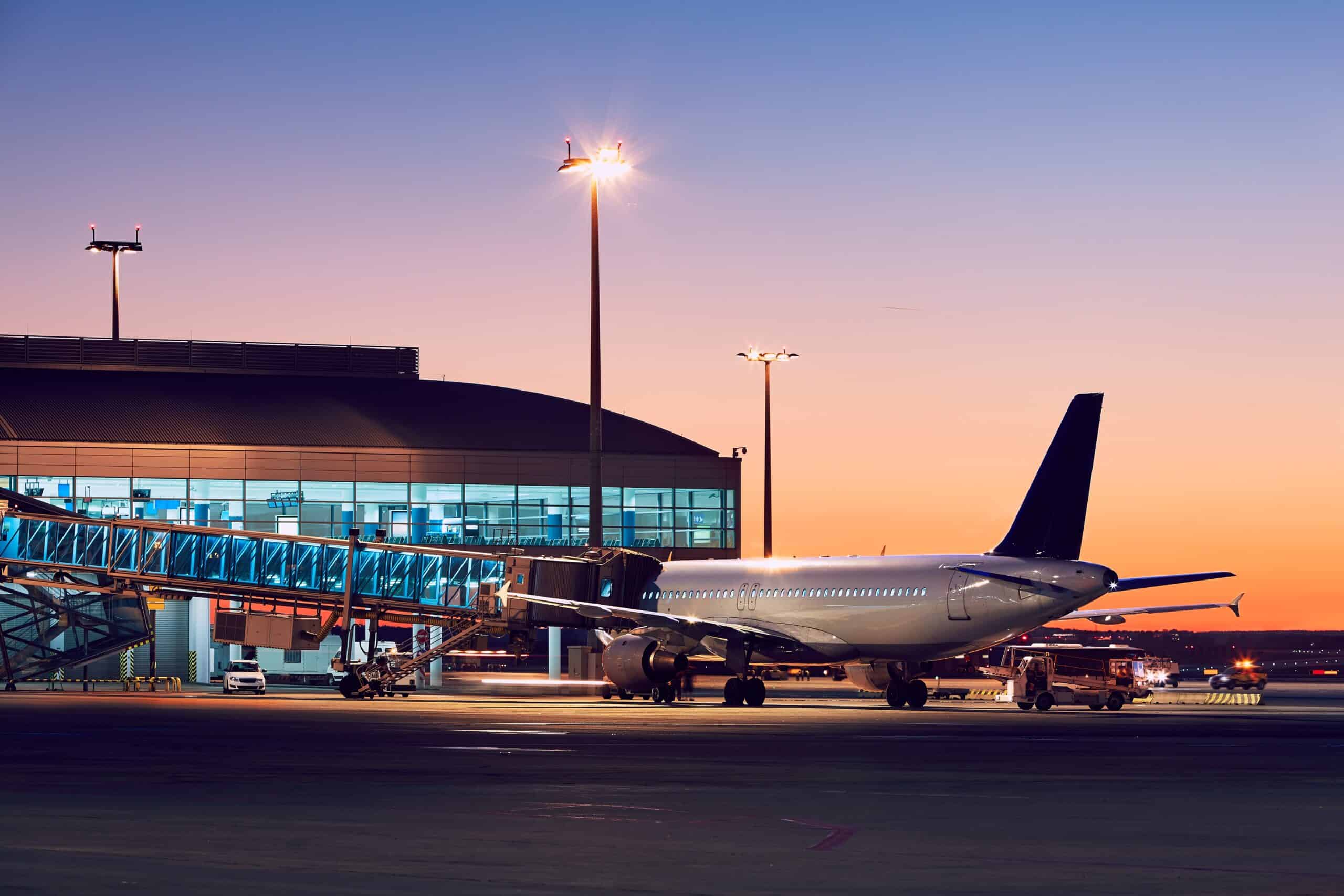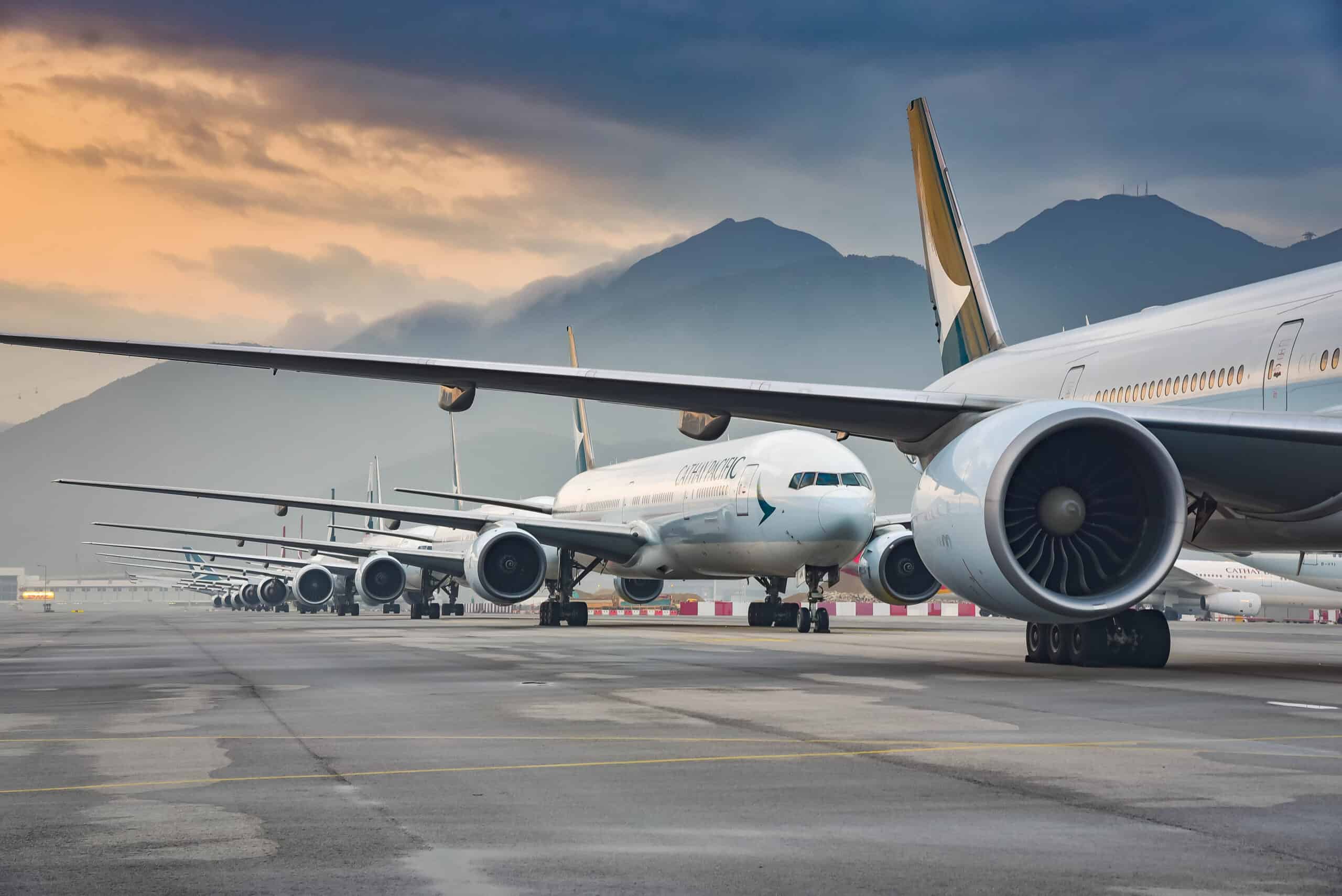By prioritising accurate, compliant and - most crucially - efficient passenger and document checks, aviation and maritime companies can avoid substantial monetary fines and related expenses. Leveraging automated technologies demonstrably improves regulatory compliance, mitigates fines and improves the passenger experience.

Companies in the aviation and maritime industries can face substantial fines for non-compliance with passenger travel document requirements. Recent cases have seen penalties reach hundreds of thousands of pounds.

Beyond the direct fines, legal expenses also quickly accumulate as companies defend against lawsuits and contest fines. Handling each incident typically incurs tens of thousands of pounds in legal costs.

When improper travel documents are identified, airlines and shipping companies must cover the expenses of rebooking passengers, rerouting freight, and compensating customers. These disruption costs can amount to thousands of pounds for each affected journey.

To avoid repeating compliance violations, companies often invest in enhanced security measures and document screening technologies. Major outlays for upgraded global infrastructure and employee training are common, with some companies allocating over £1 million to improve travel document verification processes.

Reputation damage directly impacts your bottom line. Multi-channel advertising campaigns aimed at reassuring the public of a company’s commitment to security can carry price tags in the hundreds of thousands - so the best antidote to brand damage is proactively avoiding fines in the first place.
By prioritising efficient and accurate travel document checks through specialised, automated technologies, organisations can master compliance and avoid substantial fines and disruptions. Our technologies are designed to help you streamline operations, minimise risk, and protect your financial outcomes. Check out our suite of solutions or contact us to address your challenges today.







"*" indicates required fields